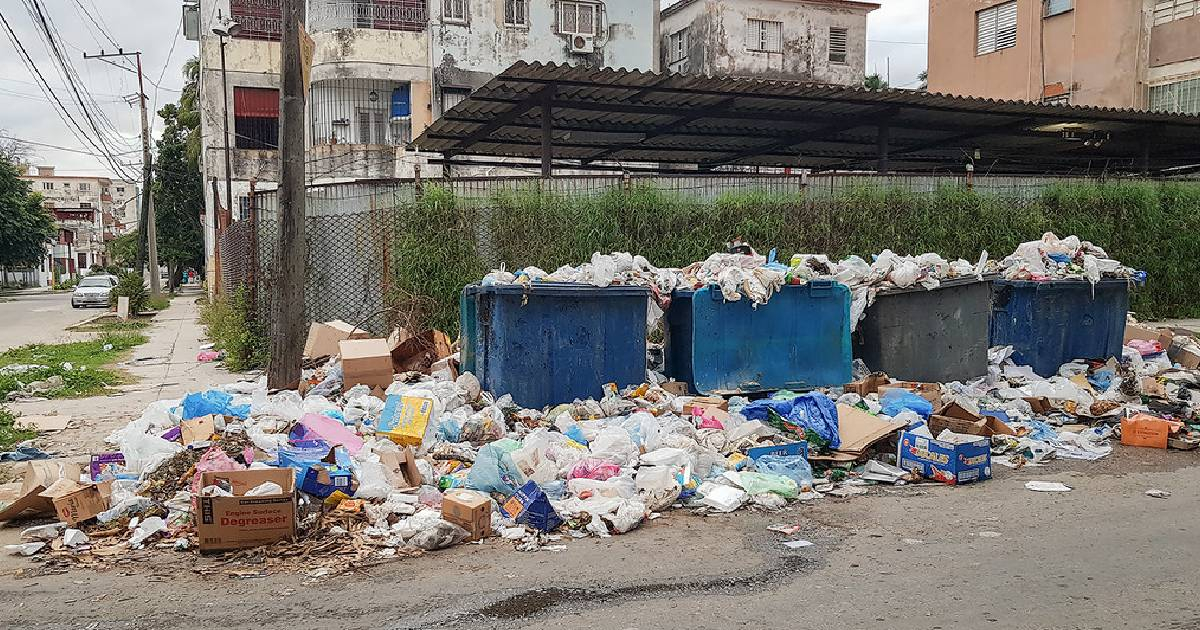Health authorities in Cuba have issued a warning following a surge in hepatitis A cases across various regions, with the province of Sancti Spíritus reporting approximately 1,080 diagnosed cases by the end of 2024. This increase has prompted enhanced prevention and control measures to curb the disease's spread, according to a report from the state-run newspaper Escambray.
"By the end of 2024, an outbreak had emerged in La Sierpe, which was previously contained. The new cases show no spatial relationship with the initial group of patients. Additionally, there's also a presence, albeit less severe, in the municipalities of Sancti Spíritus and Cabaiguán," stated Dr. Yurien Negrín Calvo, deputy director of the Provincial Center for Hygiene, Epidemiology, and Microbiology.
Hepatitis A is an acute viral infection impacting the liver, primarily transmitted through the consumption of water or food contaminated with feces from infected individuals. Its spread is facilitated by inadequate hygiene conditions and issues in the supply and treatment of potable water.
Key Symptoms to Watch For
The symptoms of hepatitis A can vary in severity and are sometimes mistaken for other illnesses. Common signs include:
- Fatigue and weakness.
- Loss of appetite.
- Mild to moderate fever.
- Jaundice: a yellowing of the skin and mucous membranes.
- Nausea and vomiting.
- Abdominal pain, particularly in the upper right side.
- Dark urine and pale or whitish stools.
It is crucial to note that not everyone infected will exhibit all these symptoms, and some, especially children, may be asymptomatic.
Preventive Measures
To minimize the risk of infection, the following steps are recommended:
- Boil drinking water or treat it with sodium hypochlorite, following health authority guidelines.
- Thoroughly wash fruits and vegetables before consumption.
- Maintain strict personal hygiene, including frequent handwashing with soap and water, especially before eating and after using the restroom.
- Disinfect surfaces and household utensils with chlorinated solutions, particularly in homes with infected individuals.
- Avoid open defecation and ensure proper disposal of fecal waste.
In December 2024, the Ministry of Public Health (MINSAP) confirmed a significant rise in this illness, linked predominantly to the consumption of water contaminated with fecal matter.
One of the hardest-hit provinces has been Cienfuegos. Last year, an outbreak occurred in the Reina neighborhood of the city, where over 5,000 residents were infected due to potable water contamination with sewage. Additionally, Francisco Durán, the national director of Epidemiology at MINSAP, reported an increase in diarrheal diseases, also associated with water quality and food hygiene. Durán emphasized the importance of consuming boiled or chlorinated water and properly washing vegetables to prevent infections.
Addressing Public Health Concerns in Cuba
What is the primary cause of the hepatitis A outbreak in Cuba?
The outbreak is primarily attributed to the consumption of water contaminated with fecal matter.
How does hepatitis A spread?
Hepatitis A spreads mainly through ingesting contaminated water or food, particularly in areas with poor sanitation and water treatment facilities.
What preventive measures can individuals take to avoid hepatitis A infection?
Individuals should boil or treat drinking water, wash fruits and vegetables thoroughly, maintain good personal hygiene, and disinfect surfaces in homes with infected individuals.
